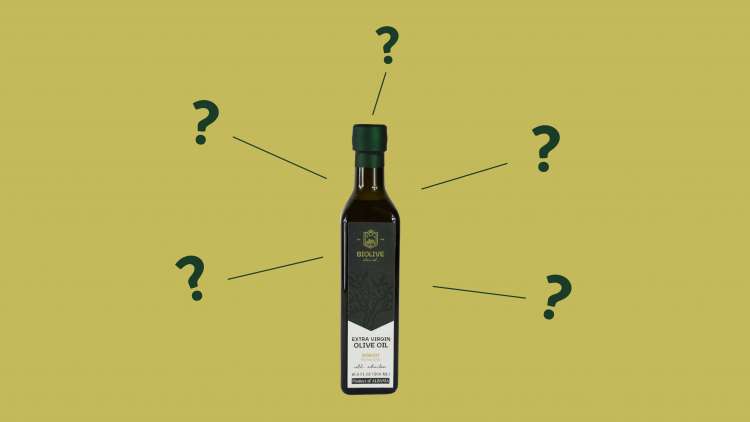Fat is a crucial nutrient that the body requires to function optimally. The presence of fats in one's diet helps the body to absorb essential vitamins and minerals, and perform other vital functions. Stored fat in body tissues plays a pivotal role in energy storage and metabolism, regulating body temperature, and protecting vital organs. Since most fatty foods contain a mixture of fatty acids, it can be challenging for an individual to eliminate only one type.
UNSATURATED FATS
Unsaturated fats, which are typically liquid at room temperature, are considered beneficial fats as they can enhance blood cholesterol levels, ease inflammation, stabilize heart rhythms, and perform a host of other advantageous functions. Foods from plants, such as extra virgin olive oil, nuts, and seeds, are primarily rich in unsaturated fats. There are two types of "good" unsaturated fats:
- Monounsaturated fats are present in high concentrations in foods such as Olive oil, Avocados, Nuts such as almonds, hazelnuts, and pecans.
- Polyunsaturated fats, found in foods such as Walnuts, Flax seeds, and Fish, are another crucial type of unsaturated fats. Omega-3 fats, a type of polyunsaturated fat, are essential for the body but cannot be produced by the body itself. Hence, it is crucial to consume them through food. Eating fish 2-3 times a week is an excellent way to obtain omega-3 fats. Flax seeds and walnuts are excellent plant-based sources of omega-3 fats.
SATURATED FATS
Foods containing fat comprise a variety of specific types of fats, including saturated fats. Even healthy options such as chicken and nuts contain small amounts of saturated fat, though not as much as in beef, cheese, and ice cream. Animal products are the primary source of saturated fat, although certain plant foods like coconut, coconut oil, palm oil, and palm kernel oil are also high in this type of fat.
To promote health, the Dietary Guidelines for Americans suggest limiting daily caloric intake from saturated fat to less than 10 percent. The American Heart Association advocates even further by limiting saturated fat to no more than 7 percent of daily calories. However, reducing saturated fat intake may not be beneficial if replaced with refined carbohydrates, which lower "bad" LDL cholesterol but also lower "good" HDL cholesterol and increase triglycerides. In effect, consuming too much refined carbohydrates can be as harmful to the heart as consuming too much saturated fat. In the United States, significant sources of saturated fat in the diet include pizza and cheese, whole and reduced-fat milk, butter and dairy desserts, meat products (such as sausage, bacon, beef, and hamburgers), cookies, other grain-based desserts, and a variety of mixed fast food dishes.
Cutting back on saturated fat can benefit health if replaced with good fats. Eating good fats in place of saturated fat lowers "bad" LDL cholesterol and improves the ratio of total cholesterol to "good" HDL cholesterol, reducing the risk of heart disease. Additionally, replacing saturated fat with good fats can help prevent insulin resistance, which is a precursor to diabetes.
TRANS FATS
Trans fats, which are made by heating liquid vegetable oils in the presence of hydrogen gas and a catalyst through a process called hydrogenation, are even worse for the heart, blood vessels, and the rest of the body than saturated fats. Partially hydrogenated oils make vegetable oils more stable and less likely to become rancid. This process also converts the oil into a solid, which allows them to function as margarine or shortening. Partially hydrogenated oils are ideal for frying fast foods because they can withstand repeated heating without breaking down. This made partially hydrogenated oils a staple in restaurants and the food industry for frying, baked goods, processed snack foods, and margarine. However, partially hydrogenated oils are not the only source of trans fats in our diets, as they are also naturally present in small amounts in beef and dairy fat.
Trans fats are particularly harmful to the heart, blood vessels, and the rest of the body because they raise bad LDL and lower good HDL, create inflammation (which is related to immunity) and is linked to heart disease, stroke, diabetes, and other chronic conditions, and contribute to insulin resistance. Even consuming small amounts of trans fats can have harmful health effects; for every additional 2 percent of calories from trans fat consumed daily, the risk of coronary heart disease increases by 23 percent.
SOURCES: Olive Oil Times, Olive Wellness Institute, About Olive Oil, Healthline, WebMD, MayoClinic, PubMed Central, https://www.hsph.harvard.edu/news/press-releases/higher-blood-omega-3s-associated-with-lower-risk-of-dying-among-older-adults/


